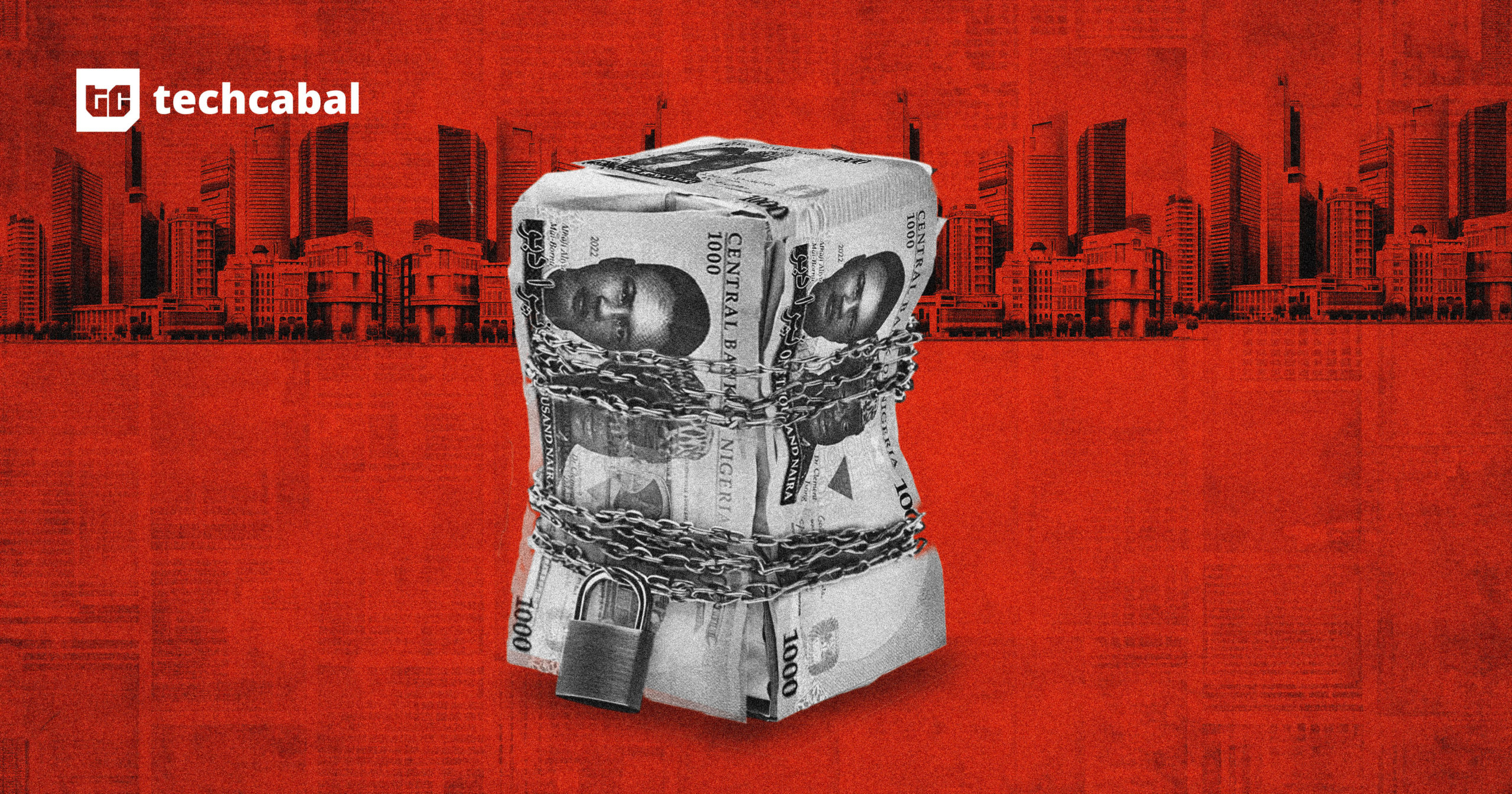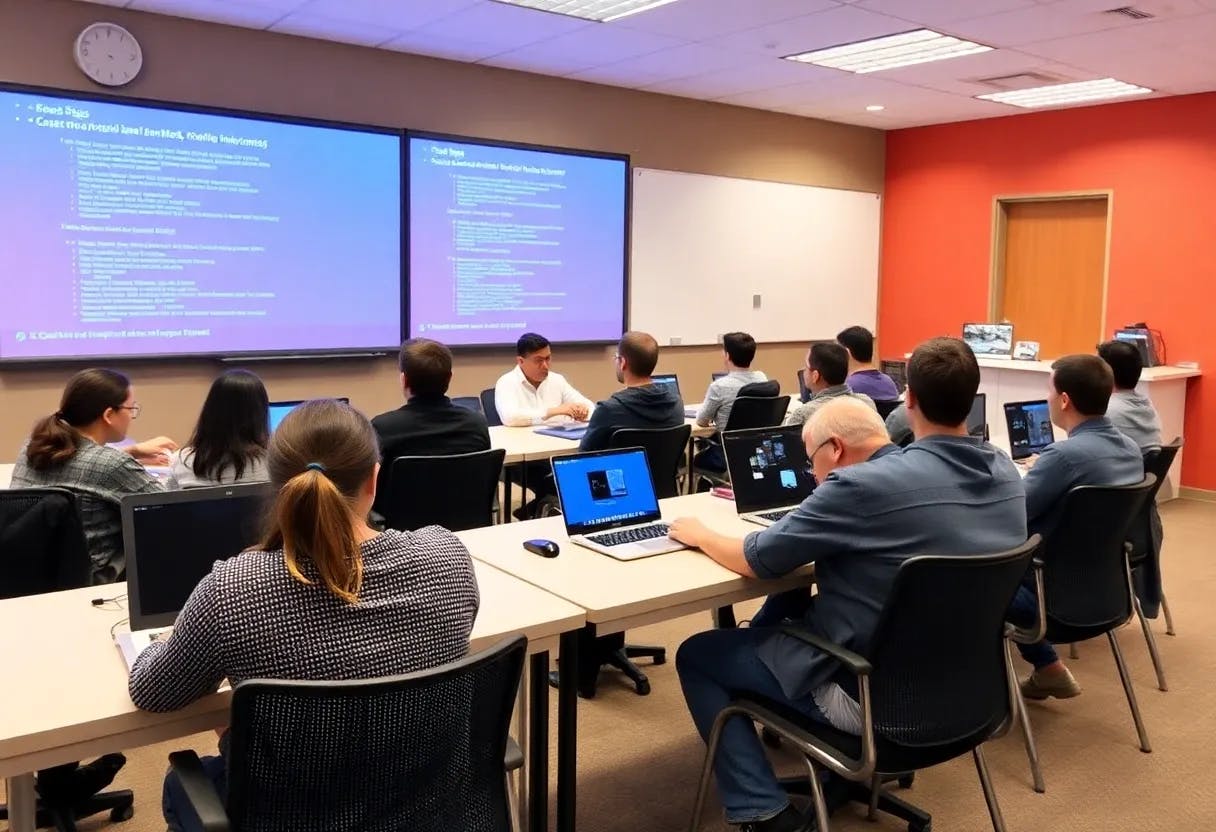Marasoft, the Nigerian fintech founded by Emmanuel Marakwe-Ogu, has denied allegations that it paid employees with suspected fraudulent funds but declined to provide specifics, citing non-disclosure agreements.
first reported the claims on January 25, based on interviews with 10 former employees and Flutterwave, the wallet provider from which the funds were allegedly transferred.
Marasoft provided no evidence to back its refutation and attributed the allegations to “disgruntled former employees” spreading “false information.”
In an interview with , the company declined to clarify or provide documentation to support its denials. The company’s spokesperson claimed the allegations resulted from personal grievances but did not answer questions about claims that it drew $54,000 from a wallet following a glitch and used that money to pay staff salaries.
Former employees told that their bank accounts remain blocked due to suspected fraudulent funds, and documents seen by show that their salaries were “traced to a fraudulent merchant.”
The company also denied claims that it paused its operations and said it reduced its workforce by 25% in January due to “economic reasons.” However, documents obtained by from two former employees indicated that the startup paused operations.
“We are excited to announce that Marasoft Pay will be resuming full operations in the coming days. However, it’s important to note that we will be moving forward with a streamlined team, focusing on the roles that are critical to our next phase of growth,” read a letter sent to employees on January 6, 2025.
The company also denied involvement in a 2022 Kenyan court case that named Marasoft as one of the fintechs that deposited over $55 million into Flutterwave, despite publicly available court documents that name the company. Marasoft’s spokesperson dismissed the court documents.
Despite Marasoft’s continued denials, former employees stand by their claims, providing documents to support the allegations. While has not independently verified the authenticity of these materials, the consistency of former employees’ testimonies and the lack of substantial proof from Marasoft raise questions about the company’s transparency.










